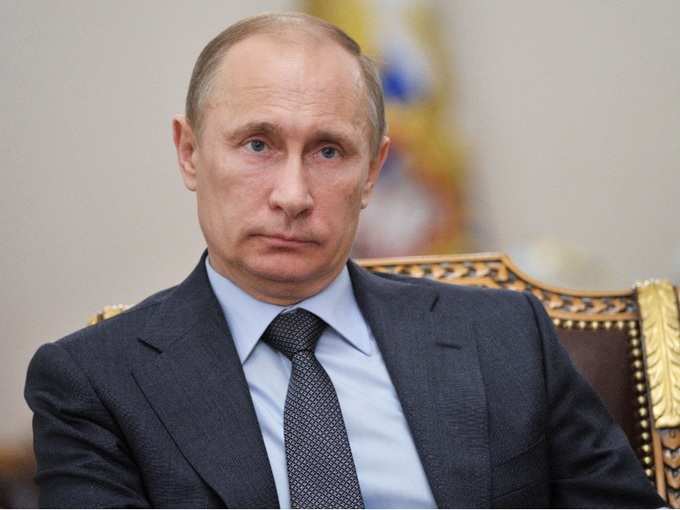
Russia started sending signals of a potential journey back to a medieval, puritan authoritarian regime soon after Vladimir Putin retuned to assume his second stint as President in May 2012 — the repressive law passed by the Russian Parliament to smother gay relationships and the unilateral annexation of Crimea, which resulted in Russia’s exclusion from G8 implied the plunge was imminent. The ban on Western food for a year is the last nail in the coffin.
The immediate tremors of the
It isn't only Russians and Russian restaurants that are feeling the brunt of the ban. The country imported food worth $15.8 billion from the EU in 2013 and exports of sanctioned products from Europe to Russia were worth $6.5 billion. Russia was the biggest consumer of fruit and vegetables from the EU and the second biggest buyer of poultry from the US — obviously food exports to Russia from the EU and the US will be hit hard. While the EU is preparing to slow down its cheese and butter production, Australian meat suppliers are scouting for markets to replace Russia.
Also, inflation, which is currently over 7% on a yearly basis, is likely to surge, forcing the Central Bank of Russia to raise interest rates, currently at 8%. This is besides further weakness of the Russian ruble, which fell 6.7% against the US dollar in the last four weeks.
In addition, a further flare-up of regional tension is going to be costly for Russia as well as neighbours. Ukraine has already threatened to block Russian oil and gas supplies to Europe. Although Ukraine does not receive gas from Russia, it acts as a channel for its neighbour's customers in Europe (Ukraine transported 86.1 billion cubic meters of Russian natural gas and 15.6 million metric tons of oil in 2013). It may also ban Russian planes from its airspace and snap defense cooperation.
However, the sanctions crisis will enhance trade between Russia and its key allies, especially the BRICS countries — Brazil, Russia, India, China and South Africa. As an immediate alternative, Russia is likely to turn to Brazil, the world’s largest meat exporter, for supply of chicken and beef, though at a higher price point as Brazil does not produce enough to immediately meet the Russian appetite.
The ban is also likely to open up new opportunities for Indian exporters of dairy products, fresh vegetables and poultry. For instance, Gujarat Co-operative Milk Marketing Federation, the owner of Amul brand, has been exporting skimmed milk powder (SMP) to Russia. India’s exports of SMP to Russia have grown 10 times to about 3,120 tonnes during 2013-14 from previous year’s 310 tonnes and the ban of Western food imports is likely to help expand these numbers.
Putin’s first stint as president was marked by unprecedented prosperity in Russia, driven by a surge in energy prices. This helped Putin cement his stature as the sole centre of power and stifle opposition to his move to control media and dismantle the electoral system. The nouveau riche, who began to relish the unexpected boom, preferred to ignore the country’s plunge into camouflaged autocracy and gleefully thronged the ‘western restaurant outlets’ that spread their presence across the country. The ban on western foods is also Putin’s way of taking vengeance on the country’s café society which, Putin suspects, is in cohorts with the West.
The West’s sanctions are designed to bring in a regime change in Russia. But considering the closed nature of the system built by the former KGB sleuth, it will take time for the outside world to ascertain even if the rigours of sanctions trigger a deep unrest among the Russian elite that can eventually unseat Putin.
